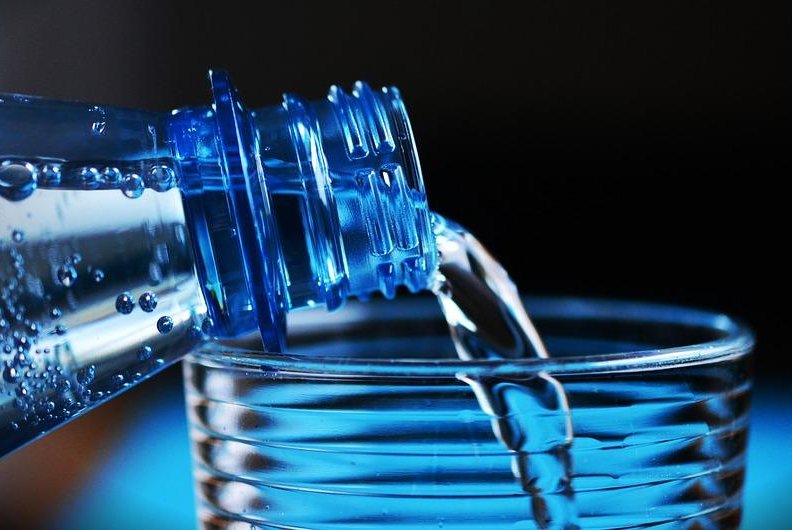Researchers are currently recruiting participants for a clinical trial to study the effects of drinking more water to educe the recurrence of kidney stones is currently recruiting patients. Photo by
congerdesign/PixaBay
Sept. 13 (UPI) -- Researchers involved with a clinical trial have announced they are recruiting participants to study the effects of a smart water bottle, among other incentives, to reduce recurrence of kidney stones.
The National Institutes of Health funded trial known as the Prevention of Urinary Stones with Hydration study, or PUSH, will enroll 1,642 participants with half having kidney stones and the other half a control group.
The prevalence of kidney stones has nearly doubled in the past 15 years in the United States, affecting 1 in 11 people.
"Urinary stones are painful and debilitating, and their treatment expensive. We hope that identifying the barriers to water intake, and helping people overcome those barriers individually will be successful," Dr. Ziya Kirkali, program director of urology clinical research and epidemiology in the National Institute of Diabetes and Digestive and Kidney Disease's Division of Kidney, Urologic, and Hematologic Diseases, said in a press release.
"If successful, the study could change management of kidney stones, and could result in healthcare systems incorporating problem solving and prevention strategies, perhaps using incentives to modify behavior in people with urinary stone disease."
The main goal of the trial is to find out whether a program of financial incentives, receiving advice from a health coach, and using a high-tech water bottle would lead to a reduced risk of kidney stone recurrence over a two-year period.
The smart water bottle, known as Hidrate Spark, monitors fluid consumption and connects to a smartphone app.
Participants in the intervention group will be required to drink a specific amount of fluids calculated on each person's urine output. They will be given financial incentives if they meet their fluid goals of drinking enough to pass 2.5 liters of urine per day.
The trial will enroll participants at the University of Pennsylvania/Children's Hospital of Philadelphia, University of Texas Southwestern Medical Center of Dallas, the University of Washington Seattle and Washington University in St. Louis.















